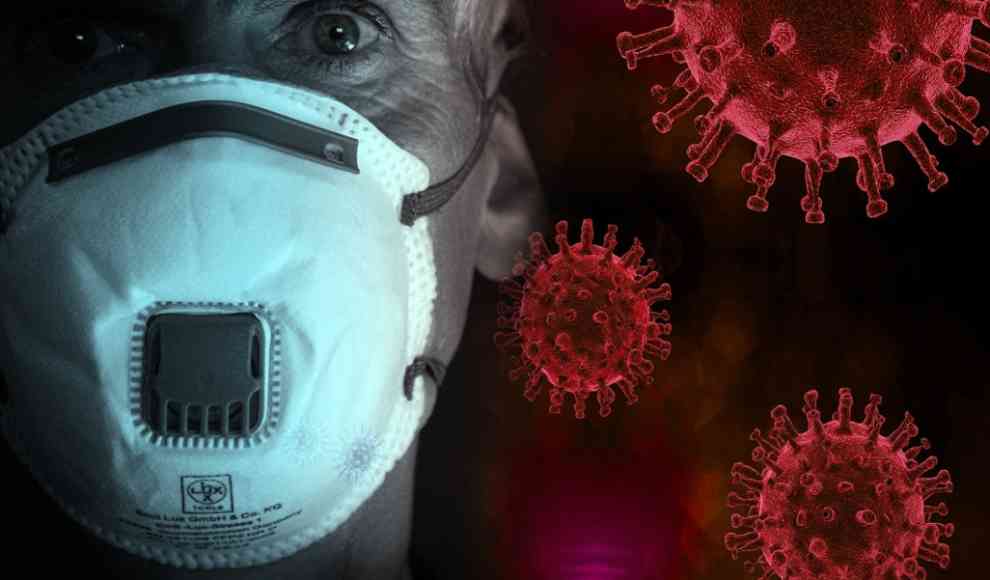The fight against the Covid-19 pandemic requires a rapid contact tracing system. However, many health authorities in Germany still rely on paper and fax instead of the faster and free software, Sormas. The German government had planned for 90% of the 375 health authorities to use Sormas by the end of 2020. Developed by the Helmholtz Centre for Infection Research, Sormas was originally designed to combat Ebola but has since been updated with a module specifically for SARS-CoV-2. However, a recent response from the parliamentary state secretary in the Federal Ministry of Health revealed that only 33% of health authorities have Sormas “set up and operational.”
Sormas is an open-source and free software that helps identify individuals infected with SARS-CoV-2 and informs health facilities in real-time, even across county borders. It has a web version and an app to make contact tracing as easy as possible. Despite this, many health authorities still use their own solutions, which significantly slow down contact tracing. This is paradoxical, especially since the planned tightening of Covid-19 measures was based on the current contact tracing methods being insufficient. The lack of a “fast, digital, and data protection-compliant exchange” of information is necessary given the current data volume.
The responsibility for equipping health authorities and deciding on the use of digital tools lies with the states and health authorities themselves. The federal government can only assist, but not mandate the use of Sormas. This has led to many authorities developing their own software solutions that cannot be networked with other health authorities. The situation has been described as a “disaster” by some politicians. The use of Sormas could significantly improve contact tracing and help combat the pandemic more effectively.










